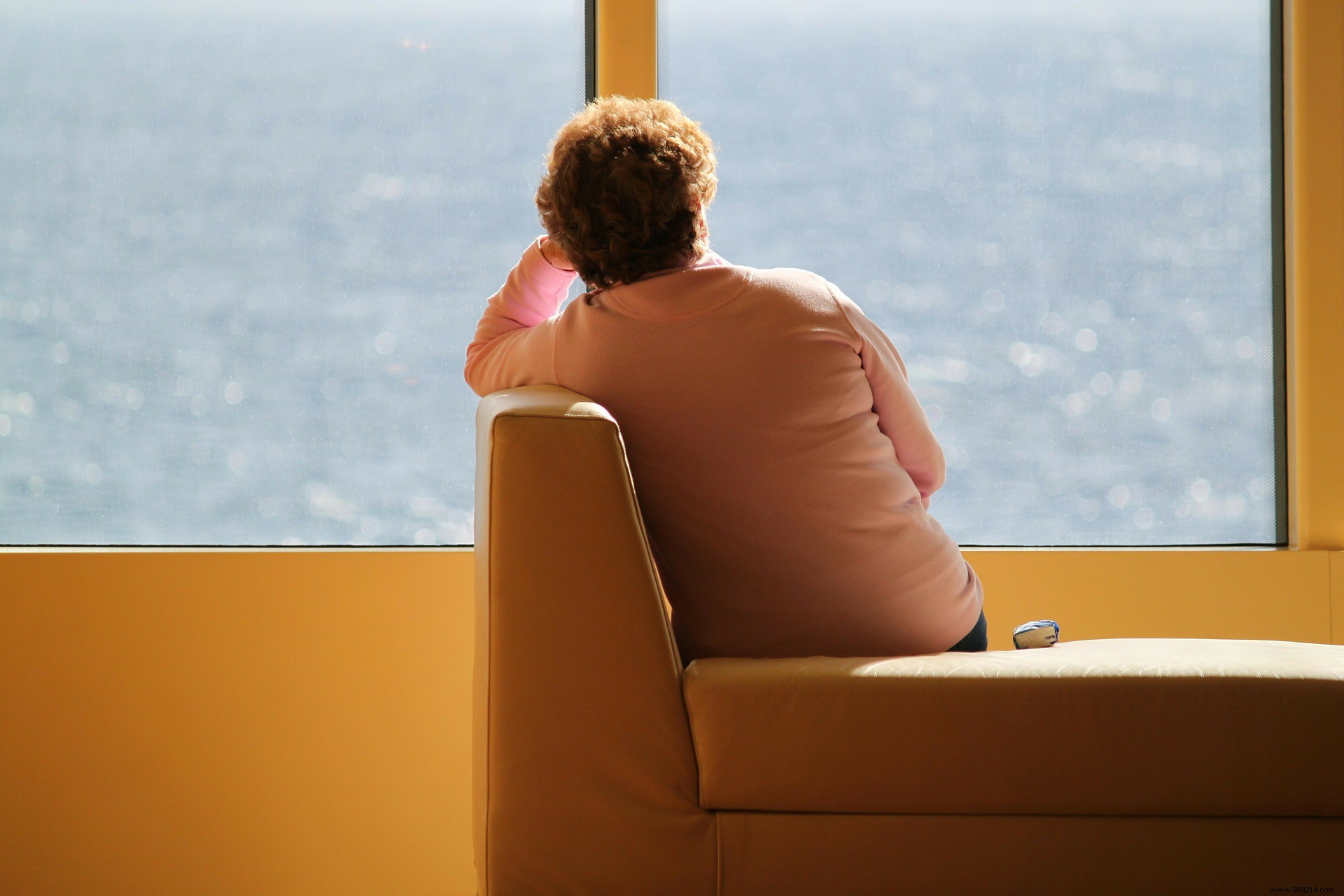A recent study focused on the psychological effects of mandatory quarantine on affected subjects. The researchers also offer a simple way to minimize them.
The outbreak of the coronavirus Covid-19 led some health authorities to implement an old technique to try to control the spread of the disease:quarantine . For several weeks, thousands of people have been asked to stay at home and avoid all unnecessary outside contact. Researchers are interested in the psychological impacts of these sidelinings that limit freedom of movement.
First of all, we emphasize that the study does not call into question the principle of quarantine here. While some researchers may consider that they are generally useless, most still agree that these sidelining of subjects help limit the spread of viruses . Provided, of course, that they are put in place on time and correctly.
That being said, in this study, researchers from King's College London reviewed 24 studies from 10 countries, looking at the psychological consequences of quarantine in several subjects during previous epidemics. They focused in particular on those of (SARS), Ebola, H1N1 flu, or Middle East respiratory syndrome (MERS).
At the end of this work, the researchers noted several things. On the one hand, that most suffered from post-traumatic stress and depression , even several years after the end of their forties. Many also expressed feelings of fear and anger .
Not surprisingly, it also emerged that people with a history of psychiatric disorders suffered greater psychological impacts. Moreover, the longer the duration of the quarantine, the greater the impacts .
“Quarantine is an isolating, often frightening experience, and our study found it can have negative psychological effects , explains Samantha Brooks, lead author of the study. The fact that these effects can still be detected months or years later is of particular concern ».

Researchers have indeed noted that the lack of communication health authorities was the main factor explaining these psychological effects. In other words, many did not know how long they had to stay away, and were living very badly with the situation. Remember that humans are social animals. It is therefore not in his nature to remain isolated.
Most subjects also suffered from financial difficulties after their quarantine period, in particular because of their inability to return to work arising from these mental health issues.
These effects, the researchers point out, should be taken into account by health authorities with the aim of putting in place means to minimize them .
“People in quarantine already experience a high level of fear of being infected. Isolated, they are also subject to catastrophic interpretations of events, and the lack of accurate information can exacerbate this situation , explains Neil Greenberg, co-author of the study. Our research has shown that it is important that those quarantined have access to regular information that clearly and consistently communicates any changes to the quarantine plan. Particularly around its duration .
The researcher specifies that the quarantine period should be as short as possible, and that its duration, except in extreme circumstances, should not be changed.
Source
Related articles: